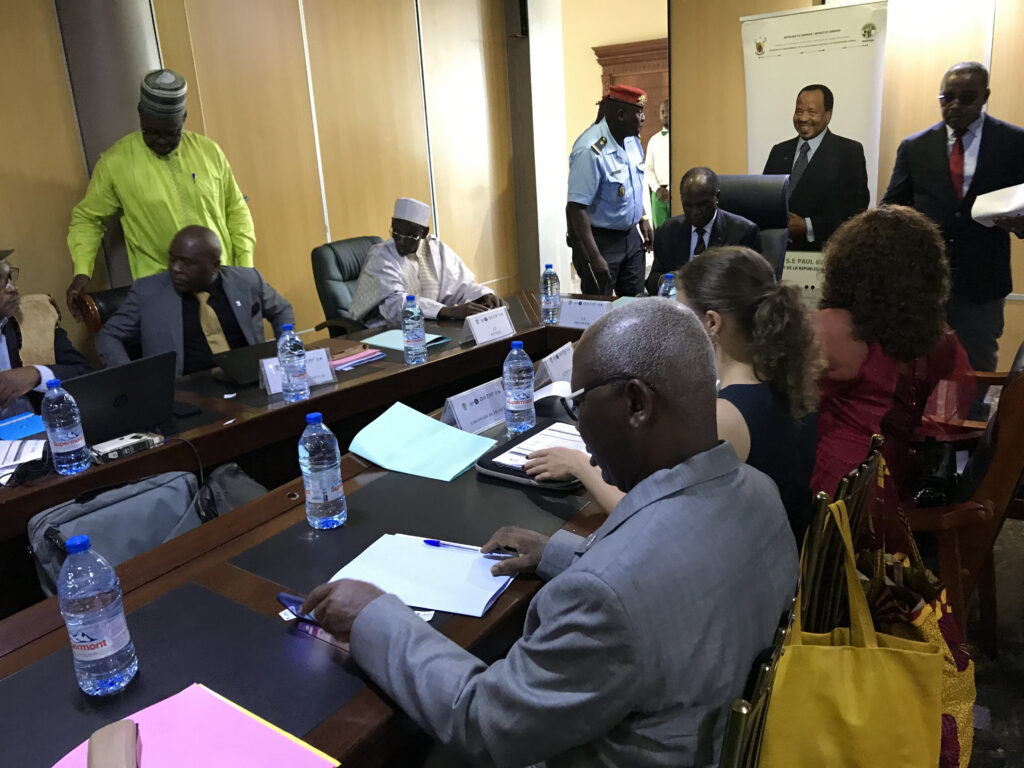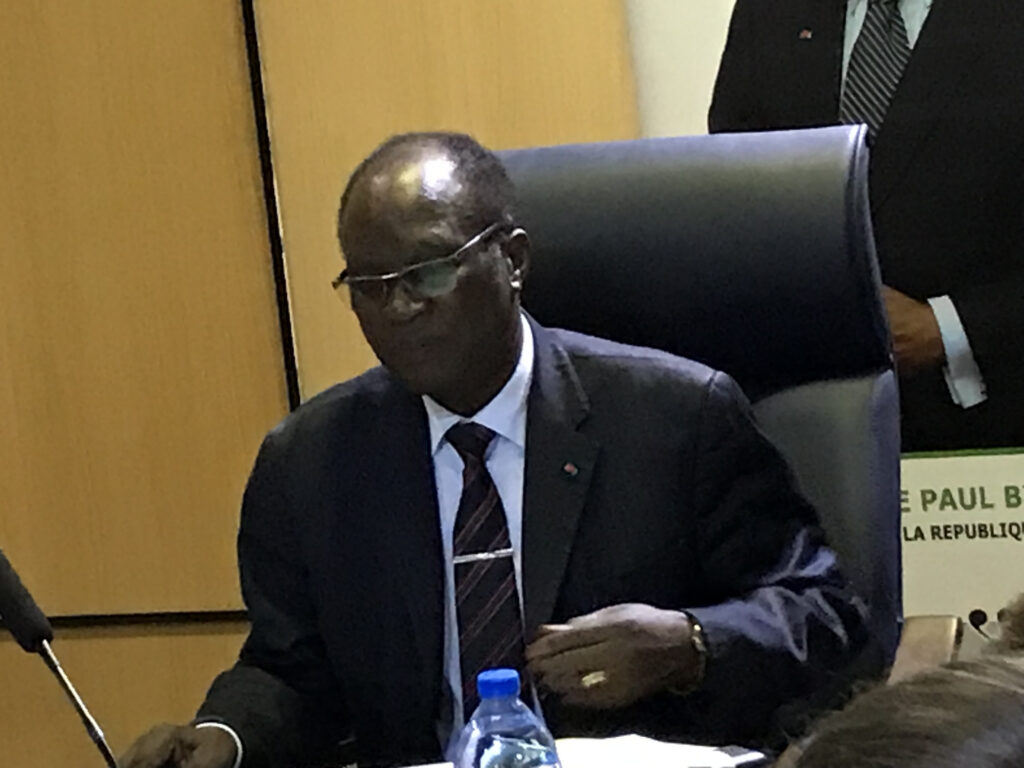By Leocadia Bongben
Development projects, such as agriculture and infrastructure, represent more than 50% of the threat directed at critical ecosystems, leading to biodiversity loss. However, integrating a biodiversity management plan for all development projects may slow biodiversity loss.
Within this context, participants during the second national dialogue on Biodev2023 in Mbankomo on the outskirts of Yaounde explored how to integrate the results of a study conducted by an international firm (Altai) into the National Biodiversity Strategy and Action Plan under revision. Also, the stakeholders defined a national reference and a roadmap to integrate biodiversity management plans in development projects.
It should be noted that the study provides a detailed contribution of each sector, palm plantations, and rubber to biodiversity loss. It also recommends priority measures in line with sectoral, economic, and commercial policies. The zero-deforestation ideal should be harmonized for cocoa, palm, and rubber plantations. It suggests respect for procedures in attributing concessions, especially consultations with the local population, transparency in the land rights for the community/local and indigenous forests, and recognition of ancestral rights.

The Biodev2030 initiative was launched in 2020 to promote multi-stakeholder dialogue to integrate biodiversity into economic development strategies. Biodev2030 thus contributes to implementing the Kunming-Montreal Biodiversity Framework in 15 countries, including Cameroon. The initiative falls within the global context marked by a biodiversity crisis and growing awareness of preserving ecosystems while pursuing sustainable development objectives.
Phase 1 of the project (2019-2022) enabled an in-depth diagnosis of the sectors with an impact on biodiversity in Cameroon, such as agriculture, infrastructure, and commercial plantations. The diagnosis revealed that cocoa, palm oil, and rubber production contribute significantly to deforestation, soil degradation, and biodiversity loss. Recommendations were then made for more sustainable management of these sectors.
Speaking during a workshop to kickstart the second phase, Alain Bernard Ononino, WWF Country Director, hailed the Ministry of Environment, Protection of Nature, and Sustainable Development’s outstanding collaboration in tackling the challenges related to the preservation of Cameroon’s natural capital.
He appreciated MINEPDED for the ongoing National Strategy for Biodiversity and Action revision and for addressing conservation issues at the heart of public policy. Biodev2030 is led by MINEPDED in partnership with the WWF Cameroon and Expertise France, with the financial support of the French Development Agency.
On the occasion, Pierre Hele, Minister of the Environment, Protection of Nature, and Sustainable Development, underscored biodiversity’s central role in the economy. He named the agricultural sector, largely dependent on soil fertility and the biodiversity of the ecosystems, which contributes more than 25% of GDP, a pillar of Cameroon’s economy, employing around 70% of the economically active population.
“The forestry sector generates substantial income thanks to the controlled exploitation of wood and non-timber forest products. Aquatic biodiversity is a source of income and subsistence for millions of Cameroonians living along the coastal zones. Many endemic plant species have medical properties, opening opportunities for research and innovation,” Hele said
However, Cameroon, faced with the duality of biodiversity and development, has embarked on Biodev2030. This process aims to strengthen the involvement of all actors, including decentralized communities, private actors, local communities, indigenous peoples, women, young people, and researchers, to ensure an effective, inclusive implementation.

“The participatory approach is part of the success of the second phase of Biodev2030, which relies on the collective capacity to operationalize sectoral public policy instruments in the previous dialogue,“ the environment boss said.
“Biodiversity is not only a heritage; it is a resource for development and a gauge of resilience against climate change. The preservation of our environment should not be perceived as a barrier to our growth but as an opportunity to build a strong and inclusive economy. Let us all commit to this noble mission, he concluded.

